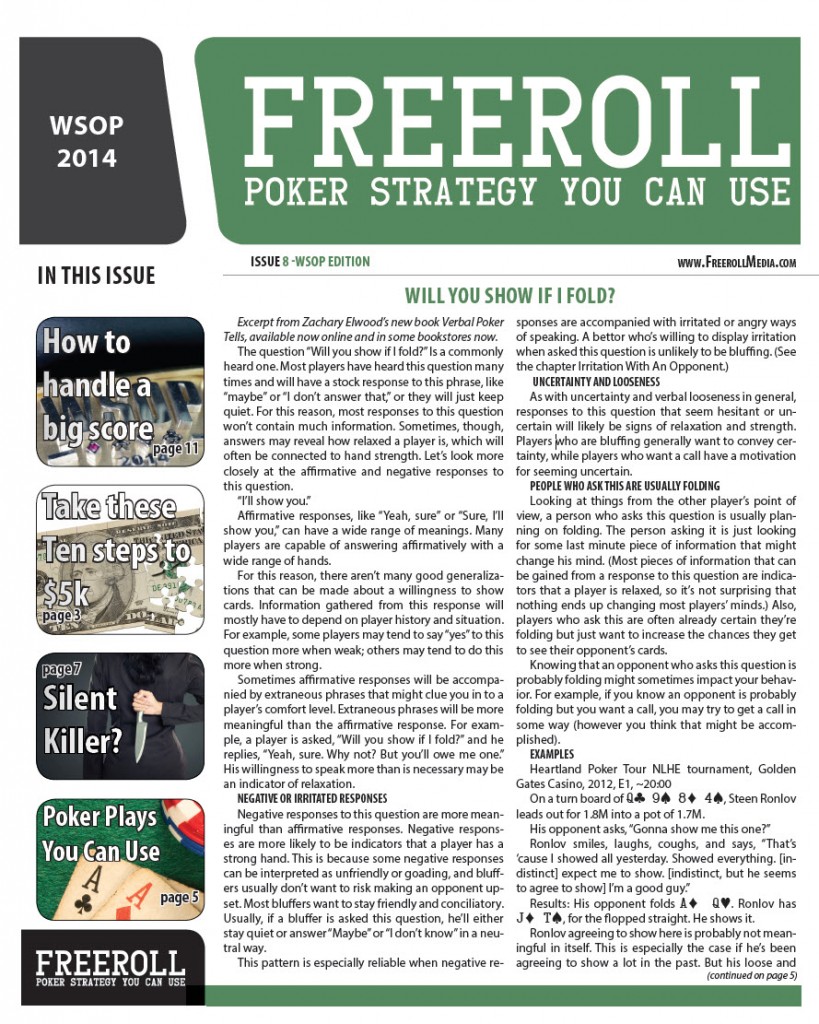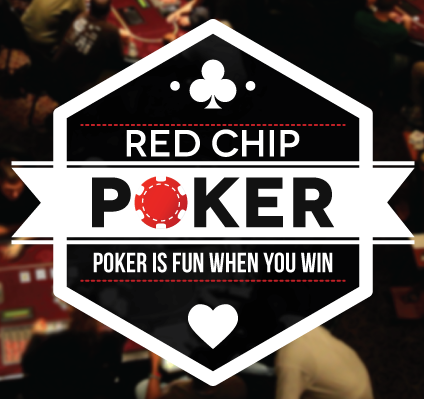Deception Runs the Industry
- By Owen Gaines
- May 15, 2014
- Comments Off on Deception Runs the Industry
“If you’ve been in the game 30 minutes and don’t know who the patsy is, you’re the patsy.”
– Poker aphorism of unknown origin
When I first started learning poker, I spent a lot of time reading and posting in online forums. I remember one day seeing a single-sentence response to a post.
“Deception runs the industry.”
I knew I didn’t understand the significance of the statement – if it had any – but I always kept that phrase in the back of my mind. The more I learned about the game, the more I was impressed with how effectively poker preys on the weaknesses of human reasoning.
The luck in the game is the catalyst for the deception in the game.
Different games have various mixes of luck and skill. How many matches of chess would you win against a grand master? I don’t know about you, but I could play a million games of chess against a grand master and never win one. I could even play him when he’s stone-drunk and I’m sharp as a tack, and I’d probably still get crushed. I’d never dream of playing him for money. If he asked me to play him for $2k, I’d be better off just lighting my money on fire and doing something else with my time.
If for some reason I accepted that challenge, I’d have to be deceived somehow into thinking this is a good idea for me.
Now, we’ve all seen the guy at the poker table who’s playing every hand and telling everyone how he’s God’s gift to the game. How can a person who plays every hand really think he understands the game and is better than most of his opponents? Well, he’s played at the casino five times and has come away with more money four out of those five visits. It’s obvious, isn’t it? He’s a naturally talented poker player; he’s never even read a book about poker.
When an unskilled player wins occasional pots, those wins allow him to think he’s good at the game. These sporadic, positive results offer him an opportunity to confirm his suspicions of natural talent.
That confirmation will often create conclusions stronger than anything else he may experience. A host of experts could give him their negative opinions about his abilities, but such criticism won’t faze him. He could go on to lose large amounts of money, but his conclusions will remain unchanged.
This delusion funds the poker world. Other’s self-deception is the most valuable commodity in a professional poker player’s world. Without it, you would be hard-pressed to find a lesser-skilled player dumb enough to play against you. Good table selection would not be possible. Winning money would be out of the question.
When an unskilled player takes a few pots from you, realize you’re funding the ruse. And that is one of the best investments you can make in the game; a healthy part of poker. Embrace those bad beats and encourage your opponents to continue. Other’s self-deception is the most valuable commodity in a professional poker player’s world.
I often see players berating bad opponents, which is just a terrible idea. You want them to be happy and stick around. What is it you hope to accomplish with your scolding? Do you want them to leave and have better players sit in their seats?
If you’re looking for a curt word to express your frustration, mum’s the word.
This was original published in Poker Perspectives.




